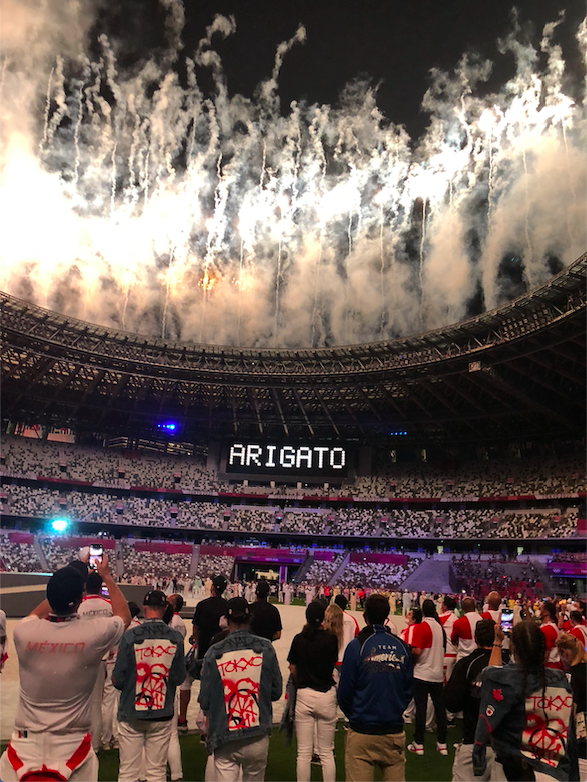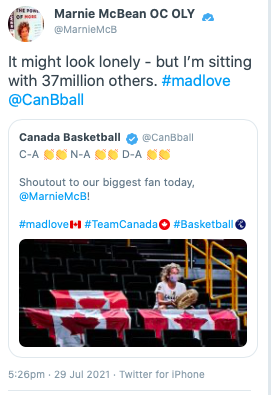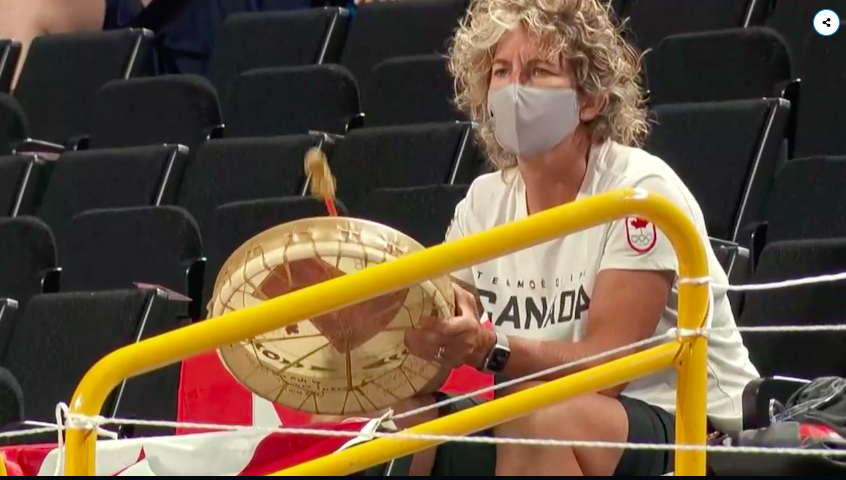It seems to take forever for the Olympics to finally come and then – in what seems like the blink of an eye – it’s time to go.
Congratulations on everything. I mean everything – your Olympic everything was more than your performance here. Your everything includes the tremendous amount of work that you did, the ups, the downs, the go homes, the stay homes. It includes the wins, the losses, the no competitions, the injuries, the ‘repairs’, and the countless choices that affected your family/career/education. Through all of that,you made it to this global mountaintop –the Olympics.
I hope you are going home feeling great about your performance and the same about your result. I know that this isn’t the case for everyone, but a part of you, that will grow with time and perspective, should be really proud of what you’ve accomplished.
We tend to get so emotionally committed to the result that it feels as if we ARE the result, but that’s not true. Regardless if we win, lose or land somewhere in between, the result does not define us. Who you are doesn’t change because you are an Olympian; who you are remains determined by what you already had –what is in your head, and what is in your heart.
The Olympics is an environment where, by definition, everyone — including you – is extraordinary at their sport. This is the crème de la crème: entry is limited by qualification and there are countless competitors who tried but couldn’t get here. Despite the length and chaos of this 5-year cycle, you made it and you did the best you could. That is amazing. Bravo!
The performance (think about what you did,not how you did), was the target of your preparation – it was yours to give. You came to the Olympics on a foundation of confidence – proud of the work that you, your teammates, your coaches and everyone around you had done. Results don’t make that more or less worthy. Don’t forget the value of your work when the task is over; that preparation was your epic story.
Continue reading


